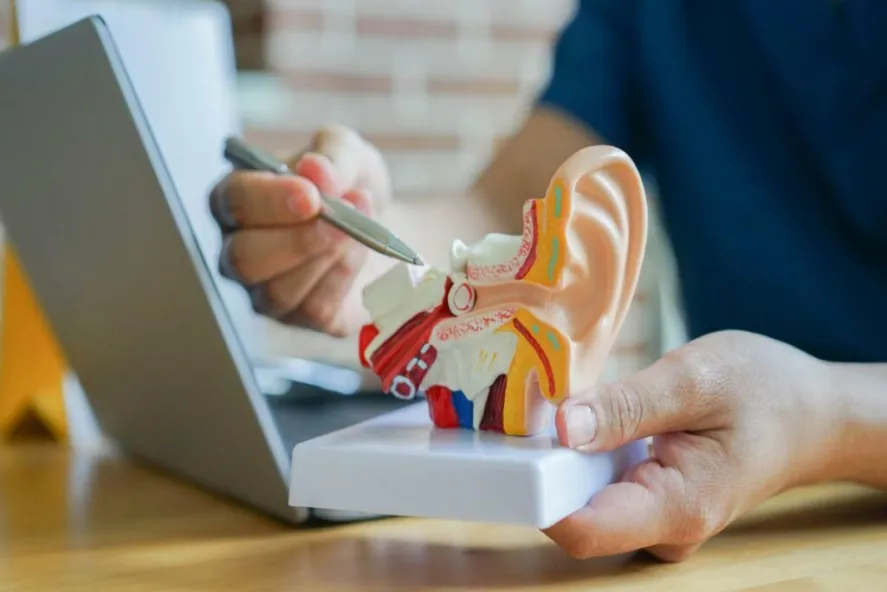All licensed professionals are subject to certain laws and rules that apply to their professions. The Texas Department of Licensing & Regulation (TDLR) is the state agency that licenses, regulates, and monitors speech-language pathologists, audiologists, and hearing instrument fitters and dispensers, among various other professionals.
Violations of rules and laws related to your profession can lead to disciplinary complaints and sanctions that can adversely affect your career. In severe cases, you could even face a license suspension or revocation, which affects your ability to keep your job and support yourself. A Texas speech-language pathologist defense lawyer can represent your interests before the TDLR and put you in the best position to handle the disciplinary proceedings against you.
The Texas Commission of Licensing and Regulation (the Commission), a division of the TDLR, recently adopted amendments to various rules and enacted new rules concerning speech-language pathologists, audiologists, and hearing instrument fitters and dispensers.
Over-the-Counter Hearing Aids
The major changes to the rules governing the Hearing Instrument Fitters and Dispensers Program concern compliance with 2022 changes to the U.S. Food and Drug Administration (FDA) rules concerning “over-the-counter (OTC) hearing aids” as a new category of hearing instruments. According to the FDA, OTC hearing aids have the following characteristics:
- OTC hearing aids are air-conduction hearing aids that do not require implantation or other surgical intervention, but bring amplified sound into the ear canal that moves through the ear, where it’s processed and sent to the brain.
- OTC hearing aids are intended for use by people 18 years of age and older to help with perceived mild to moderate hearing loss.
- OTC hearing aids allow users to control the device settings and customize the device to the user’s hearing needs, through tools, tests, or software.
- OTC hearing aids may use wireless technology or may include tests for self-assessment of hearing loss.
- OTC hearing aids are available to consumers over-the-counter without the supervision, involvement, or prescription of a licensed health care professional, either in a retail store or online.
The availability of OTC hearing aids for individuals 18 years of age and older with mild or moderate hearing loss offers the following options:
- Legacy (traditional) and wireless hearing aids including basic features like volume control and preset programs.
- Self-fitting hearing aids with or without a wireless feature including greater customization through technology such as hearing tests, software, and smartphone apps.
Rule Changes for the Hearing Instrument Fitters and Dispensers Program
The 2022 FDA rule changes were intended to remove certain restrictions and allow better consumer access to OTC instruments. The Texas law changes mirror the federal rules changes, and repeal requirements for certain medical waiver forms as per changes in federal law.
The amended rules also now allow for continuing education credit for licensees who proctor the practical test. A licensee may earn one continuing education credit hour per test date, for up to four continuing education credit hours per license term.
Finally, the amended rules require that the TDLR’s website address be included in every contract and on a sign in the licensee’s primary place of business, as opposed to the previous requirement that they include the TDLR’s email address. This change aims to provide better access to the complaint process for consumers.
Rule Changes for the Speech-Language Pathologist and Audiologist Programs
The Commission issued the same changes for the Speech-Language Pathologist and Audiologist programs as for the Hearing Instrument Fitters and Dispensers Program in terms of compliance with the FDA rule concerning OTC hearing aids. The amended rules also dispense with certain medical waiver forms as per federal law, except for maintaining the requirement of a medical statement for sales to individuals who are under the age of 18.
Furthermore, a new rule provides that a person may not use the term “licensed dispenser” or “licensed seller” with respect to OTC hearing aids unless that person is a licensed audiologist or audiologist intern or hearing instrument fitter and dispenser. However, supervision, prescription, order, involvement, or intervention of a license is not required for a consumer to access OTC hearing aids.
Click to contact our professional license defense lawyers today
Bertolino, LLP: Ready to Defend Your Interests Before TDLR
Retaining an experienced Texas audiologist license defense attorney to represent you before the TDLR is in your best interest. We are here to protect our interests throughout every stage of your disciplinary proceedings. Contact the lawyers of Bertolino, LLP today by calling (512) 515-9518 or visiting us online.
Call or text (512) 476-5757 or complete a Case Evaluation form





